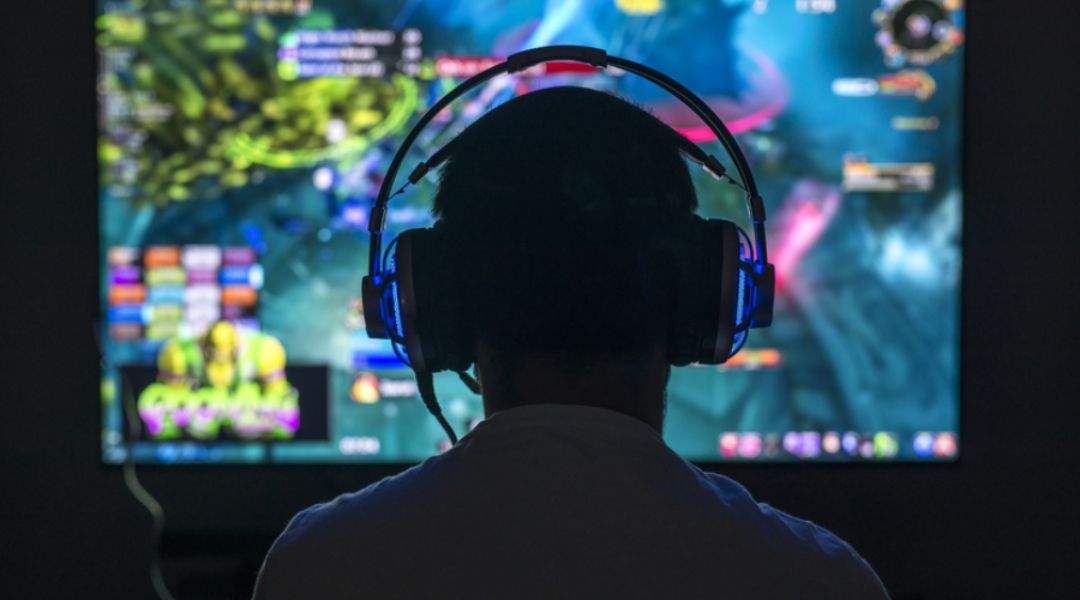The effects of video games on the way people think and behave has been a long-standing point of debate ever since the dawn of the industry. Many believe that video games serve as an escape from the harsh reality of real life, while others are adamant that video games corrupt the mind and cause physical aggression, particularly when it comes to games with violent content.
Now, given the rising concern as to how video games affect the minds and social skills of young people, several researchers are now finding ways to use games as a motivational tool to improve communication skills. James Paul Gee, who is the leading researcher in video games as a language learning tool, suggests that certain genres of games could help "at-risk" learners in learning a new language.
In Gee's definition, a wide range of people can fall into the "at-risk" language learner category, including people with special needs, or those who are self-conscious to learn a new language in a traditional classroom setup where some people are afraid to make a mistake in front of their peers. Gee's theory revolves around how video games can provide a less challenging environment for at-risk learners where they can just be themselves and have "ownership" of the learning process.
Moreover, MMOs, which host players from all over the world, usually provide a safe platform that removes certain factors that make some people self-conscious in learning a language. Usually, MMOs require players to communicate with one another in real-time, without the opportunity to overthink about what to say, or how to say it perfectly. Although engaging with other players who speak a different language may be intimidating, especially with the presence of trolls, people who want to do well in the game are forced to step out of their comfort zones and interact with other players in the community.
In a study conducted by Ian Glover, who is a professor at Sheffield Hallam University, it was discovered that video games usually serve as a strong motivational tool for players to learn a new language due to their drive to level up in the game, earn rewards, and experience support from the community who may speak a different language. As a result, players would often force themselves to communicate with other players better so they can level up quicker and achieve their goals within the game faster.
Although it may appear unlikely that classrooms will be ready to ditch textbooks for World of Warcraft as a teaching aid in learning a language anytime soon, the US Department of Education previously showed support of using video games as educational tools. Still, while the theories presented above makes sense, it appears that more research and a more extensive study is still required to convince institutions and parents about the potential role of video games in language education.
Source: LearnTechLib, James Paul Gee (via The Conversation)


